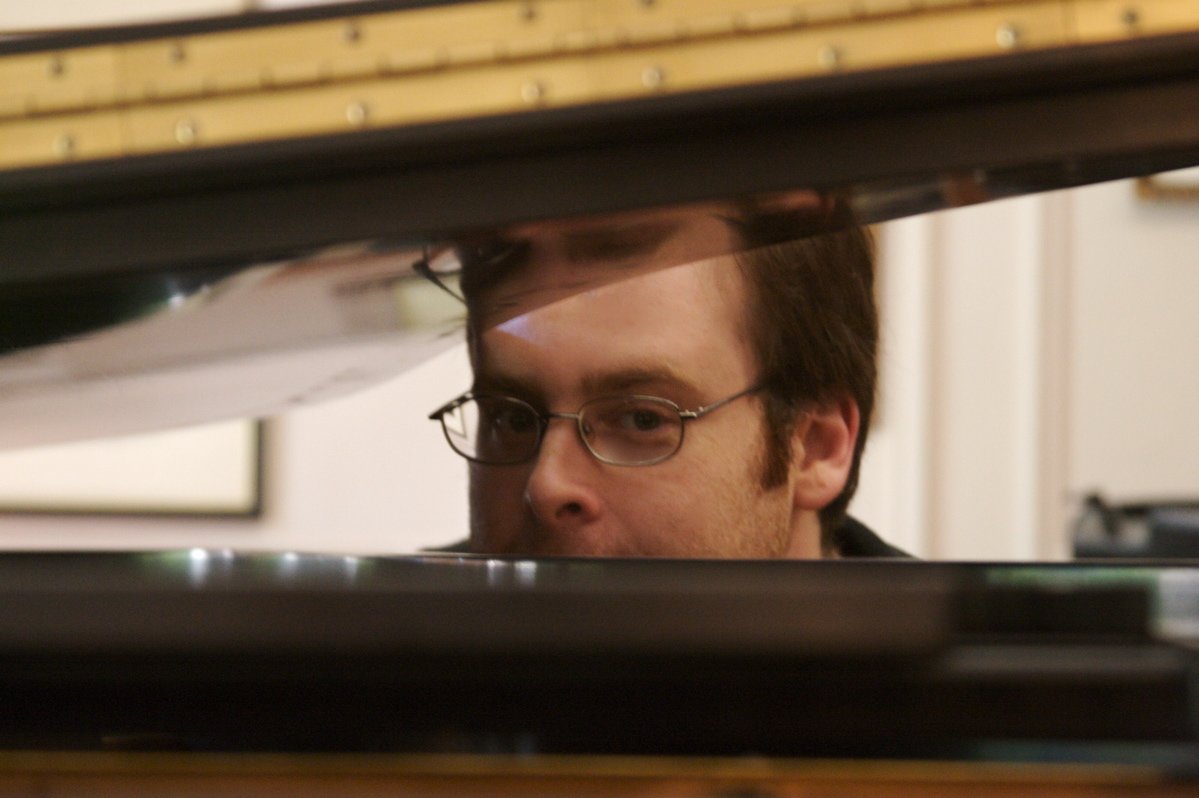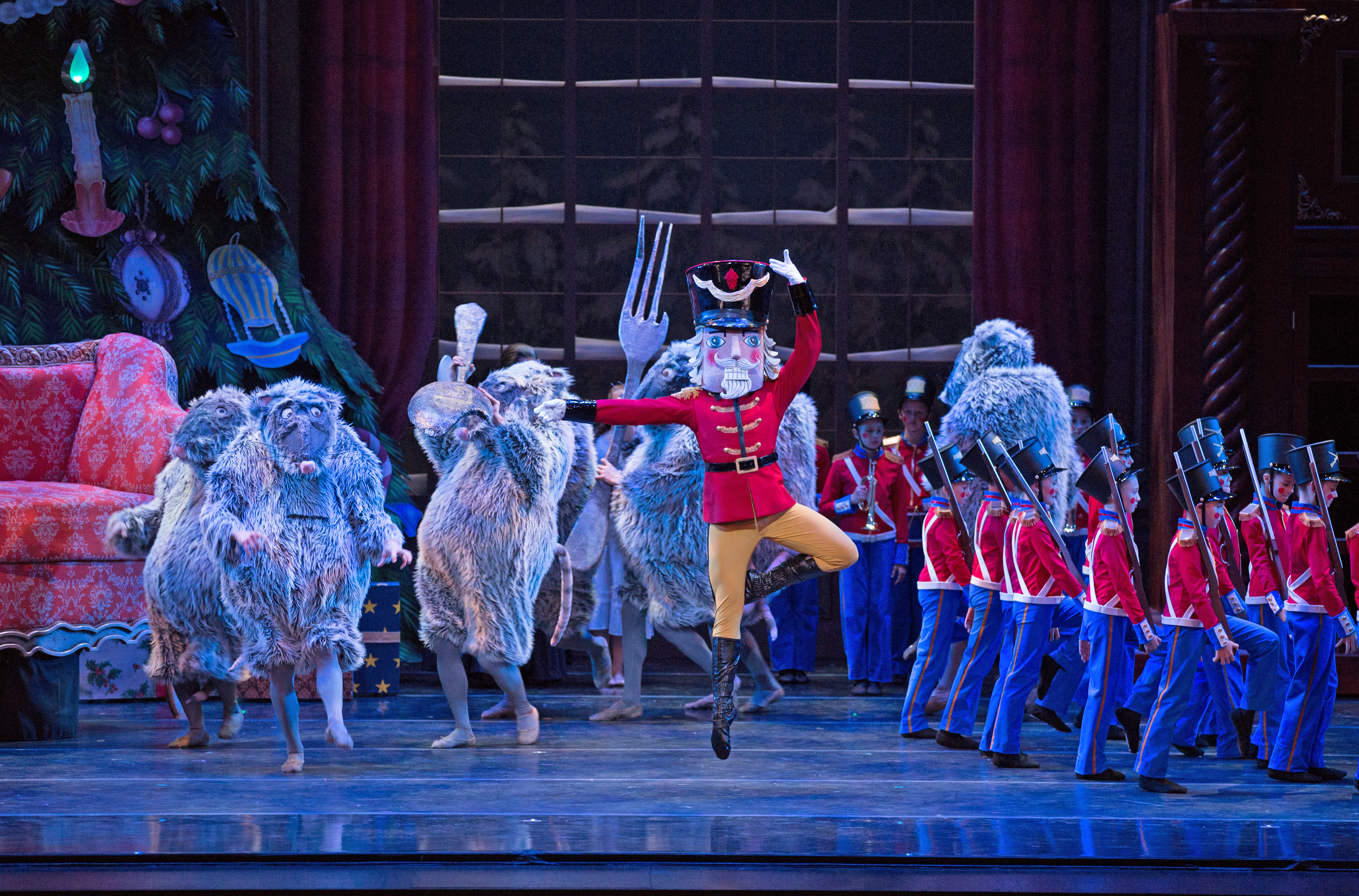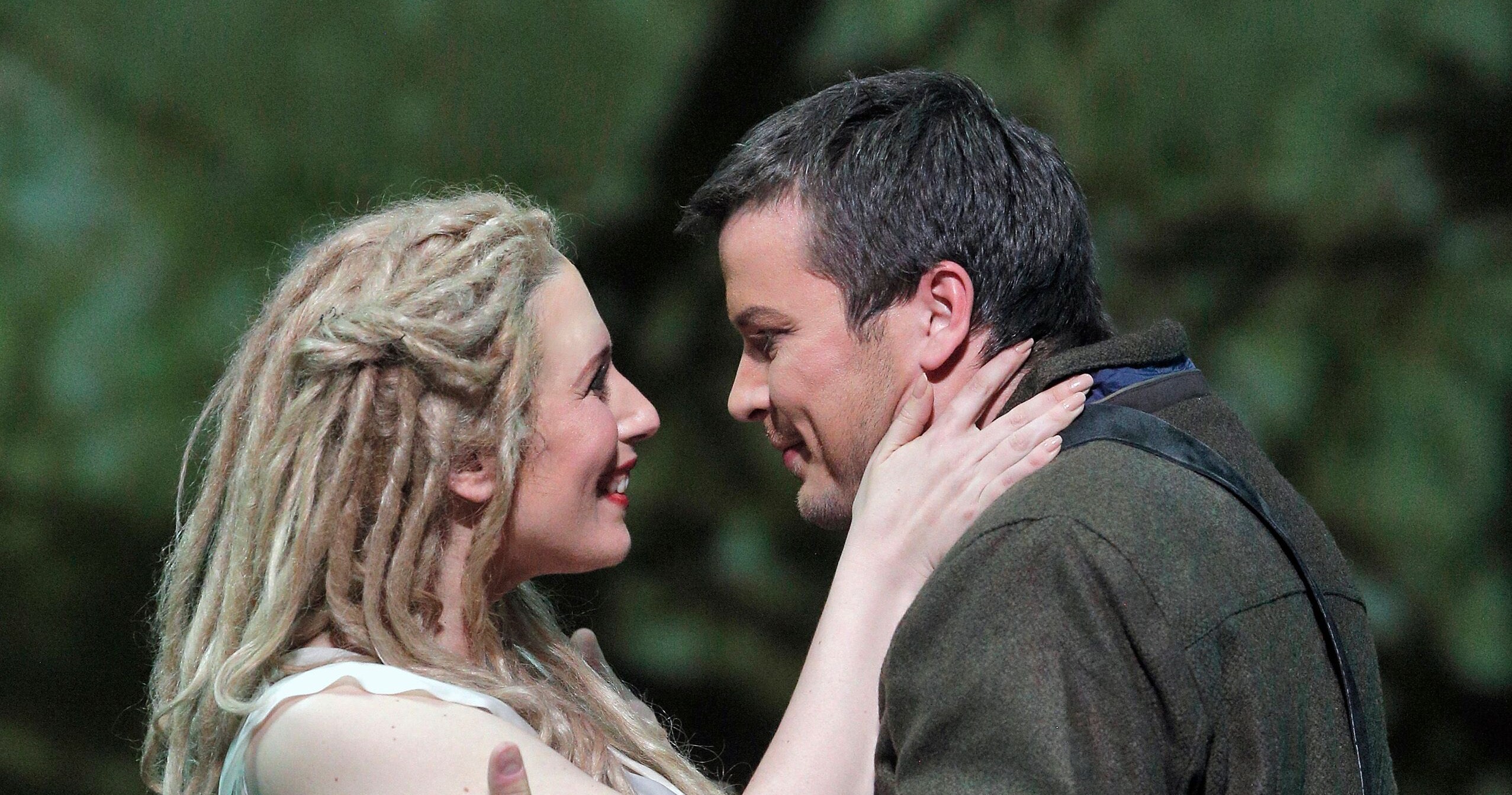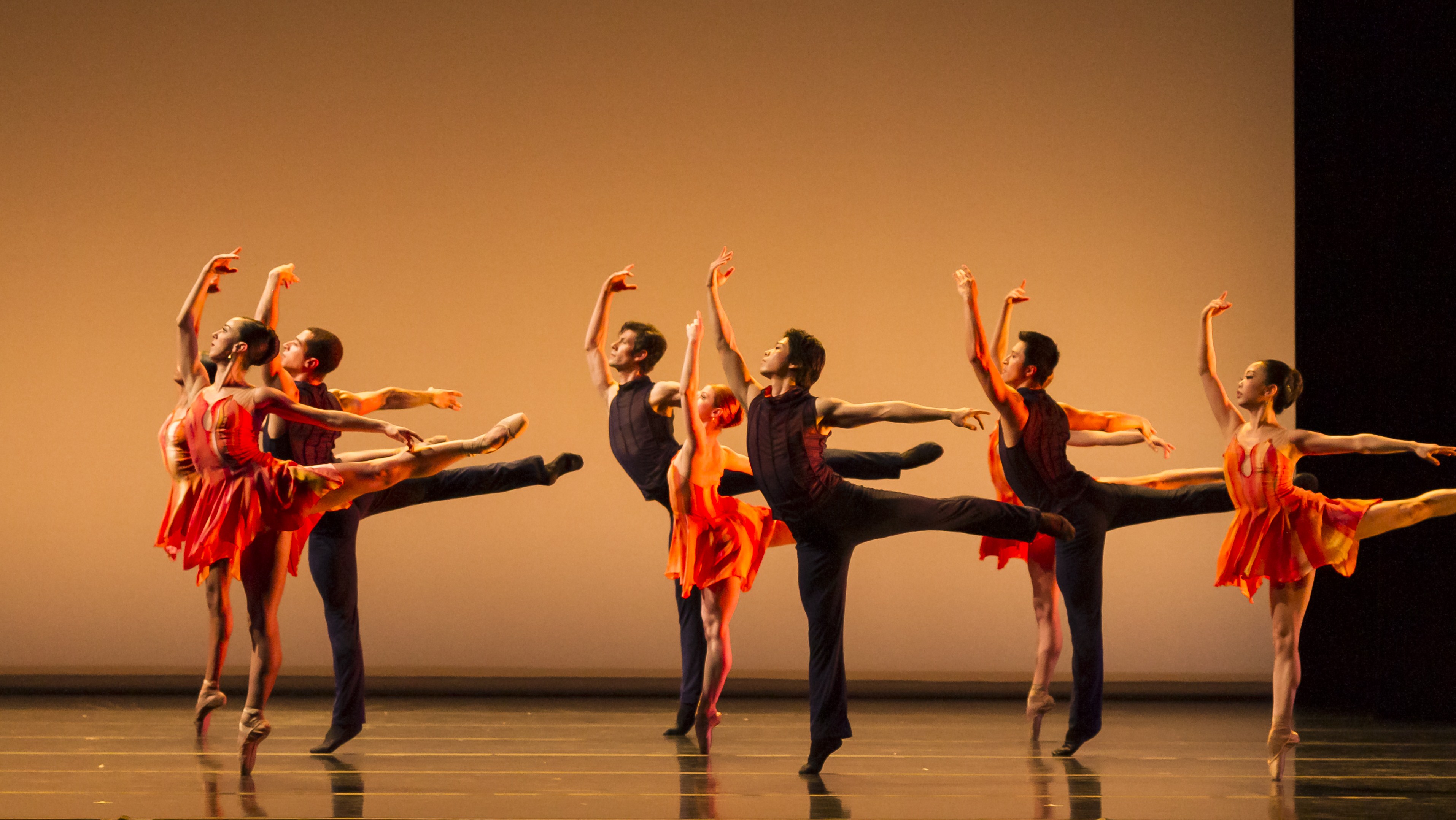IN REVIEW: Lyric’s Cosi Trades on Vocal Excellence
Così fan tutte is a bit of a conundrum. Its plot is as ridiculous as that of any opera in the repertoire, but its music is so magnificent that we can’t not take it seriously. The Lyric Opera’s production of Mozart’s final opera buffa, which opened on November 5th at the Kauffman Center, makes for a satisfying evening because the company has lavished great care on the musical aspect – even while its setting and scenic design are a bit on the ho-hum side. The production is a worthy follow-up to the company’s Kauffman Center opener of Turandot, and it demonstrated that the Muriel Kauffman Theatre is as adaptable to intimate, small-scale opera as to lavish display (maybe even more so).
The simple rented set by Riccardo Hernandez more or less forced the company to buy into an updated version: To evoke a beachside resort ca. 1930, there is a boardwalk running the length of the stage and stairs leading from it downstage to the “beach.” Period beach and casual wear – some of it a bit on the cliché side – complete the Great Gatsby atmosphere, and a simple scrim descends to create indoor scenes. Because Cosi is utterly absurd from the get-go, the 1930s setting does relatively little harm – boyfriends disguised as Albanians are no less likely in the Hamptons as in 18th-century Europe – but it doesn’t add much to the spirit of the opera either. One jarring aspect was the men’s elaborate disguises, which were so exaggeratedly “exotic” as to clash with the clean lines of the production.
In recent years the Lyric has shown an increasing capacity to field excellent young singers for its productions, and this one was no exception. Amanda Hall as Fiordiligi sang with gutsy power but plenty of inviting warmth: Her “Come scoglio” showed she had the chops for the rapid passagework and the enormous range required, even if the voice lacked strength in its lowest range; her pitch wavered slightly only when she was lying on the floor for her Act 2 “Per pieta ben mio.” Marie Lenormand demonstrated a delicious tone and lilting bel canto, and her comic antics kept your eyes on her much of the time. The women’s duets (“E la fede delle femmine” and “Prenderò quell brunettino”) were among the highlights of the evening. Matthew Plenk (Ferrando) has a nicely solid and sweet-toned tenor, and his heroic bearing brought depth to arias like his “Un’ aura amorosa.” David Won as Guglielmo sang with a rich, burnished baritone that occasionally had problems carrying over the orchestra. John Stephensshowed comedic experience as Alfonso and Susanne Mentzer, hilarious but always meting out Despina’s antics with taste, sang like the consummate vocalist she is – nailing the top notes of “Una donna a quindici anni” and nearly stealing the show with her command of the stage.
Kristine McIntyre staged a sustained, poised production in which comedic flow seemed at times a bit muted (granted, Cosìdoesn’t lend itself well to slapstick, even though it is often given plenty), and Ward Holmquist led a capital performance from the Kansas City Symphony, bright and bubbly even if some tempos seemed a tad slow. The Lyric Chorus – just the right size at 12 singers – sang competently.
To reach Paul Horsley, performing arts editor, send email to phorsley@sbcglobal.net.
Features

By Paul Horsley David Ludwig knows better than to attach a “back-story” to a piece irrevocably, although he has openly stated that his new Violin Concerto was inspired by his…

By Paul Horsley Each production of The Nutcracker is to some extent a balancing act between spectacle and dance. At best it seamlessly integrates the colors and stagecraft that keep…

By Paul Horsley The Lyric Opera of Kansas City deserves applause for taking on an opera in Czech for the first time in its history, but the opening performance of…






